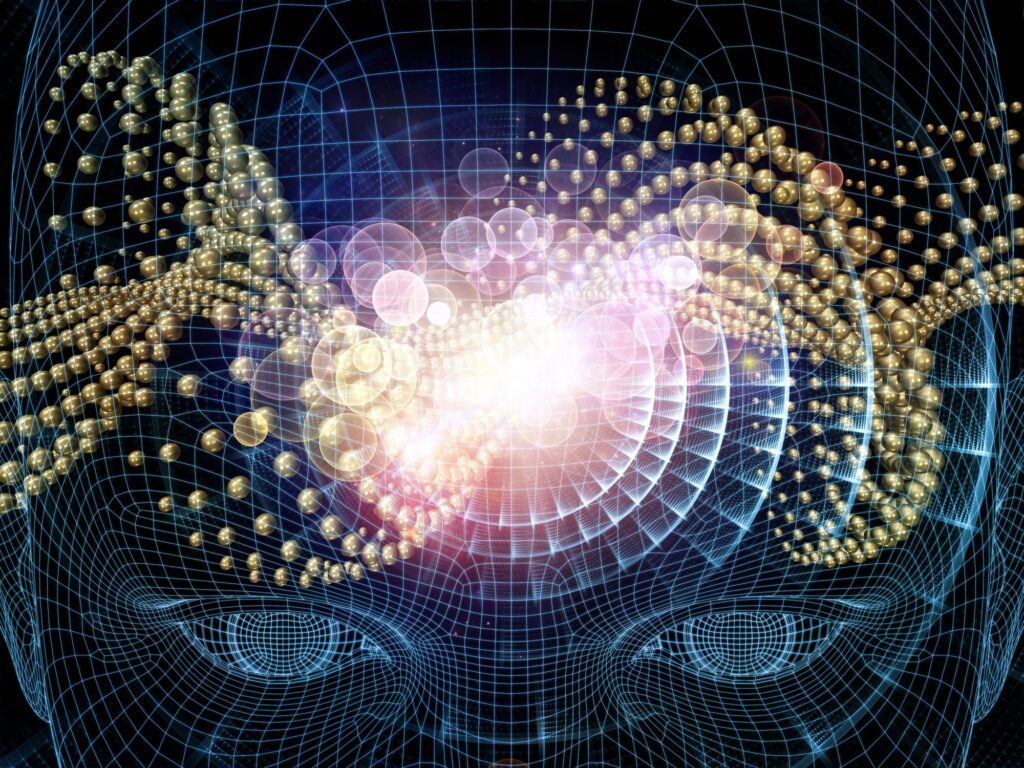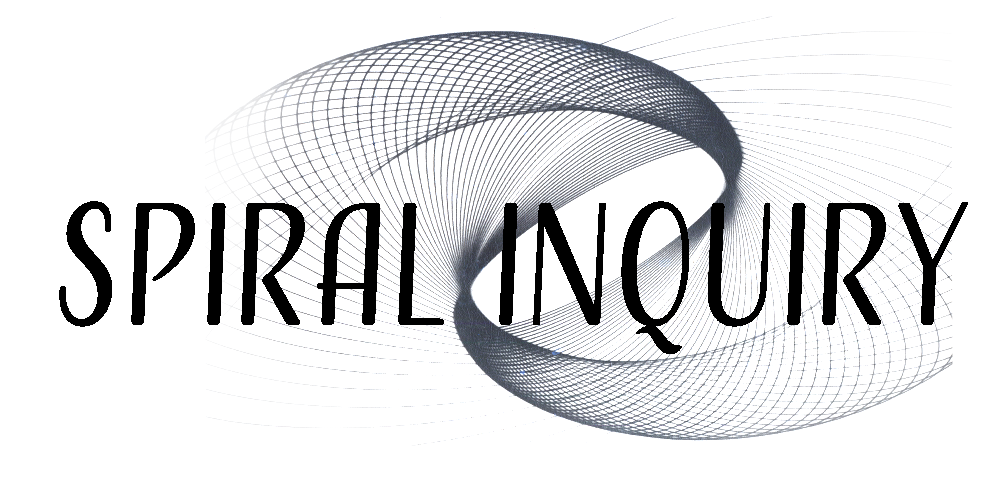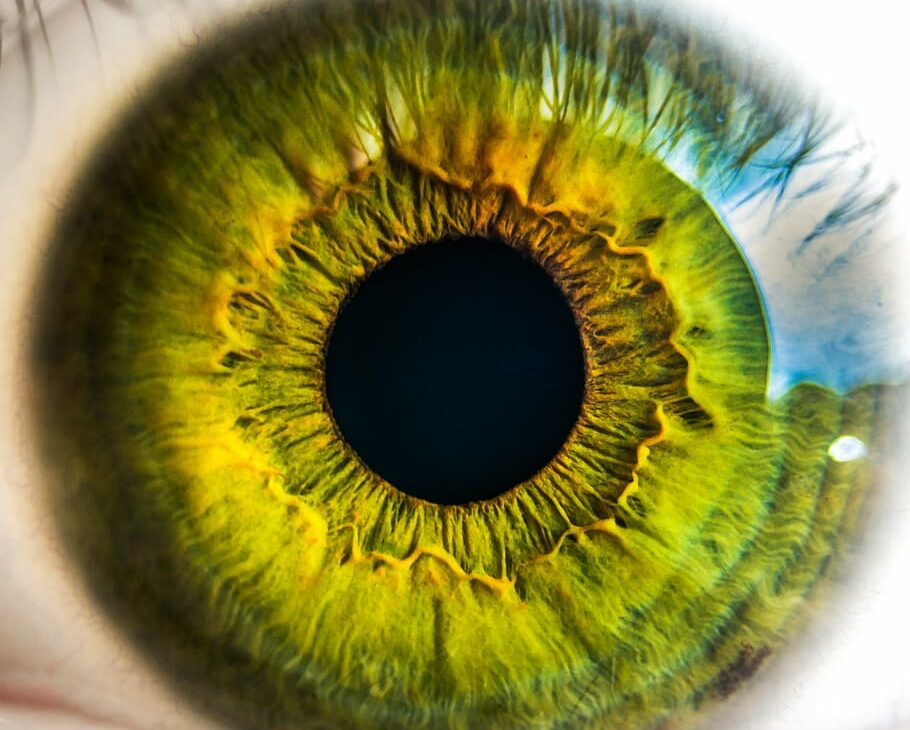There is a big controversy in science about the “hard problem of consciousness”, a term coined by philosopher David Chalmers. One curious footnote to that problem is that we also do not understand why we sleep, though sleep we must. And, as a footnote to that problem, we have little understanding, but many theories, about why we dream. Some researchers dream of the day when scientific studies will help us explain why and how we dream. In the meantime, we may be able to make use of one interesting feature of dreaming – the experience known as lucid dreaming.
Introduction
Despite the amazing advances in science, medicine and the study of the human brain in recent decades, our efforts to understand consciousness are limited to speculations. My own speculation is that consciousness is intimately linked to the foundational questions of philosophy and metaphysics, inquiries where empirical studies and proof break down. (See: What do we Really Know About the World?)
It might seem to be a simpler problem to consider the phenomenon of sleep, when we are alive but unconscious. But brain science seems to have made little progress on that problem either. We simply do not have a good answer to the question Why Do We Sleep? Yet we do know that sleep, or sleep-like states, are exhibited by creatures with the very simplest of brains, including worms and insects. Sleep is essential to health. Lack of sleep is debilitating and can be fatal. Humans sleep about one-third of the time every day. Yet, from a Darwinian perspective, this would seem to be absurd. Sleep is incredibly risky in a world where every creature is someone’s food supply. The evolutionary benefits must be correspondingly immense. We just don’t know what they are.
Some researchers speculate that neural circuitry in even the simplest of brains needs time to rest and reorganize. The metaphor is that time is needed “to take out the garbage and put the attic in order.” That explanation seems reasonable, but convincing biochemical models have not yet been developed. Yet, even if this explanation is correct, it still does not explain why we dream.
Dreaming
A recent article in Nautilus magazine provides a good summary of our limited understanding of dreams and the difficulties in studying them: What If You Could Describe Your Dreams While Dreaming? The author, Jim Davies, reports that the biggest difficulty in studying dreams is that the experience of the subject is generally inaccessible to the researcher. The brain can be examined with different methods, but the subjective experience can only be determined by interviewing the subject when they wake up. Those accounts are notoriously foggy. The author reports on recent efforts to communicate with subjects as they dream. This has yielded interesting but limited results. However, one category of experiences has proven to be more accessible than others: lucid dreaming.
Lucid dreams are characterized by the subject being aware of the fact that they are dreaming. They are often quite vibrant and memorable. An estimated 80 percent of subjects report that they have, at some point, experienced a lucid dream. Lucid dreamers seem to have a greater ability to communicate with, or respond to messages from, researchers, compared to subjects that do not regularly experience lucid dreams.
Whether this finding provides a fruitful avenue for researchers to better understand dreaming in general is not certain. Lucid dreams may be a very specific and limited, albeit interesting, phenomenon. But lucid dreaming also has a long history — it seems to offer a useful tool for personal introspection. What can we learn from thinking about our own lucid dreams, if we have them?
Lucid Dreams
The experience of lucid dreaming, by many accounts, has significant potential benefits beyond making it easy for brain researchers. Many cultures have placed a very high value on lucid dreams. Some encourage efforts to induce the experience with drugs, sleep deprivation and physical hardship — “dreamers” are sometimes granted special social status. Lucid dreams have also been featured in art and literature. Creative inspirations, including scientific breakthroughs, have been attributed to lucid dreams. Jim Davies reports that research suggests that human subjects can think more creatively in lucid dreams than when they are awake. This may be because dreaming itself is a state in which unexpected, unusual or even absurd events are accepted. The dreaming mind is open to ideas that the awake mind would never entertain. Lucid dreaming is also regarded as potentially valuable from the perspective of mental health and psychological counseling.
My own experience with lucid dreaming is limited, but suggests that the experience can have positive psychological benefits. In my teens, I had a recurring nightmare of falling from a cliff — I always woke up in a panic before landing. These dreams were disturbing and may have been triggered by, or may have promoted, occasional suicidal fantasies, thankfully not serious ones. As I struggled with these dreams, I began to think, or perhaps someone suggested, that I could try to imagine flying. I remember, finally, getting to the point where I could always change the falling sensation into an exhilarating swooping and soaring experience. The falling dreams soon stopped. I can no longer fly.
In later decades, I experienced a set of recurring dreams where I would be at a party or business meeting with no clothes on. These were likely related to feelings of social stress and vulnerability. I was never able to control these dreams by imagining a different conclusion, perhaps because I never actually woke up. Thankfully, the dreams resolved on their own as my career matured and my life situation improved.
I’ve also experienced several deep insights during lucid dreaming states. One, in college, occurred during a day-time nap. I was struggling with a decision about whether to continue graduate studies in philosophy, and had the insight that “the meaning of life” was not to be found in philosophical and academic studies. The meaning of life could only be found by experiencing it.
Decades later, I had a wonderful experience dreaming that I had fallen asleep. In my dream I woke up in a room that was glorious and beautiful, bright with light, and very warm and comforting. I knew that I was just dreaming. After a time, I actually did wake up. I was in our bedroom and it was bathed in morning sunlight. I felt incredibly happy. I think perhaps that dream was a metaphor for the life transition I had completed. For information on that transition see “Love’s Embrace – My Personal Journey Part 5.”
Conclusion
We may never, in our lifetimes, know the biological basis of consciousness, the purpose of sleep, or the explanation for why we dream. Yet these are all experiences with which we are intimately familiar. In fact, consciousness is our experience. Sleep occupies a third of our life, and is essential for physical and mental health. It keeps us alive. And we may not understand why we dream, but it is a set of experiences we can embrace. In addition to its potential psychological benefits, perhaps it is something to enjoy.
I would love to hear your stories of lucid dreaming. Please feel free to leave a comment below.



















I just came across this article in AEON which adds significant additional information on the subject of lucid dreaming and its use in a therapeutic context. Definitely worth a read: https://aeon.co/essays/in-sleep-the-body-is-a-channel-to-communicate-with-the-dreaming-mind